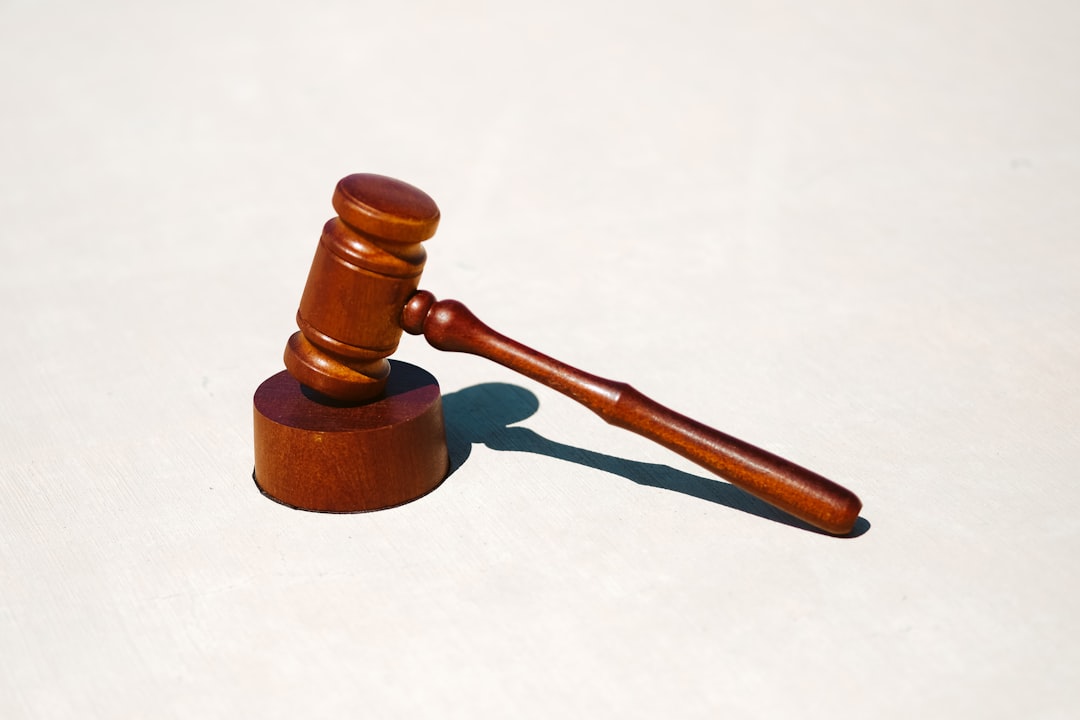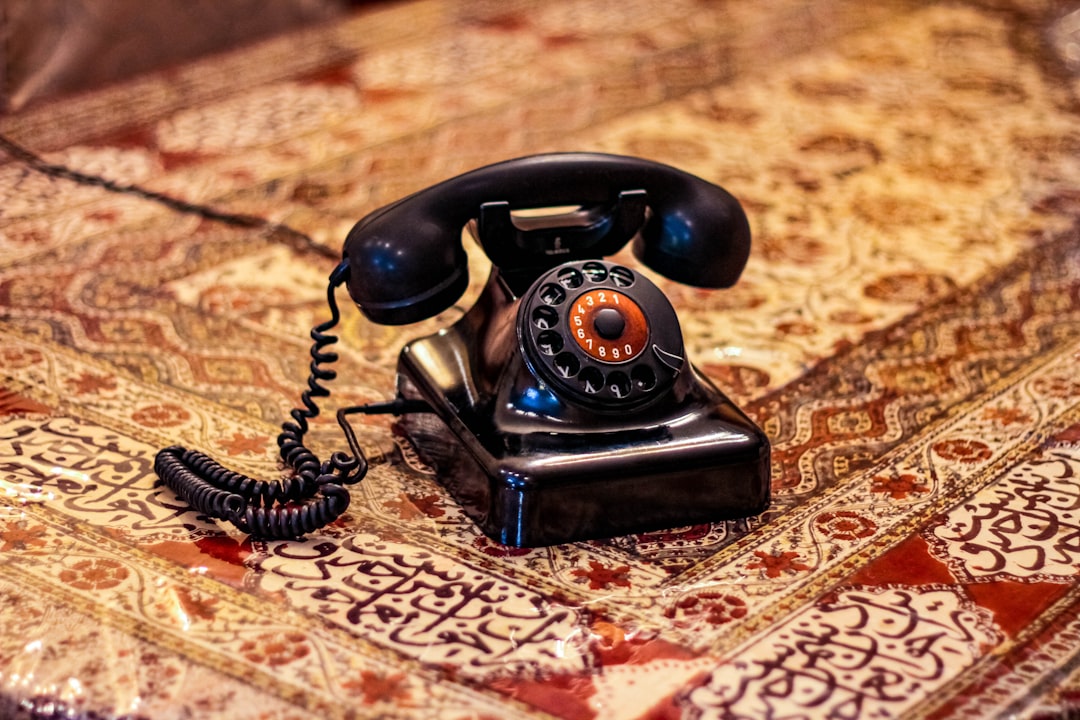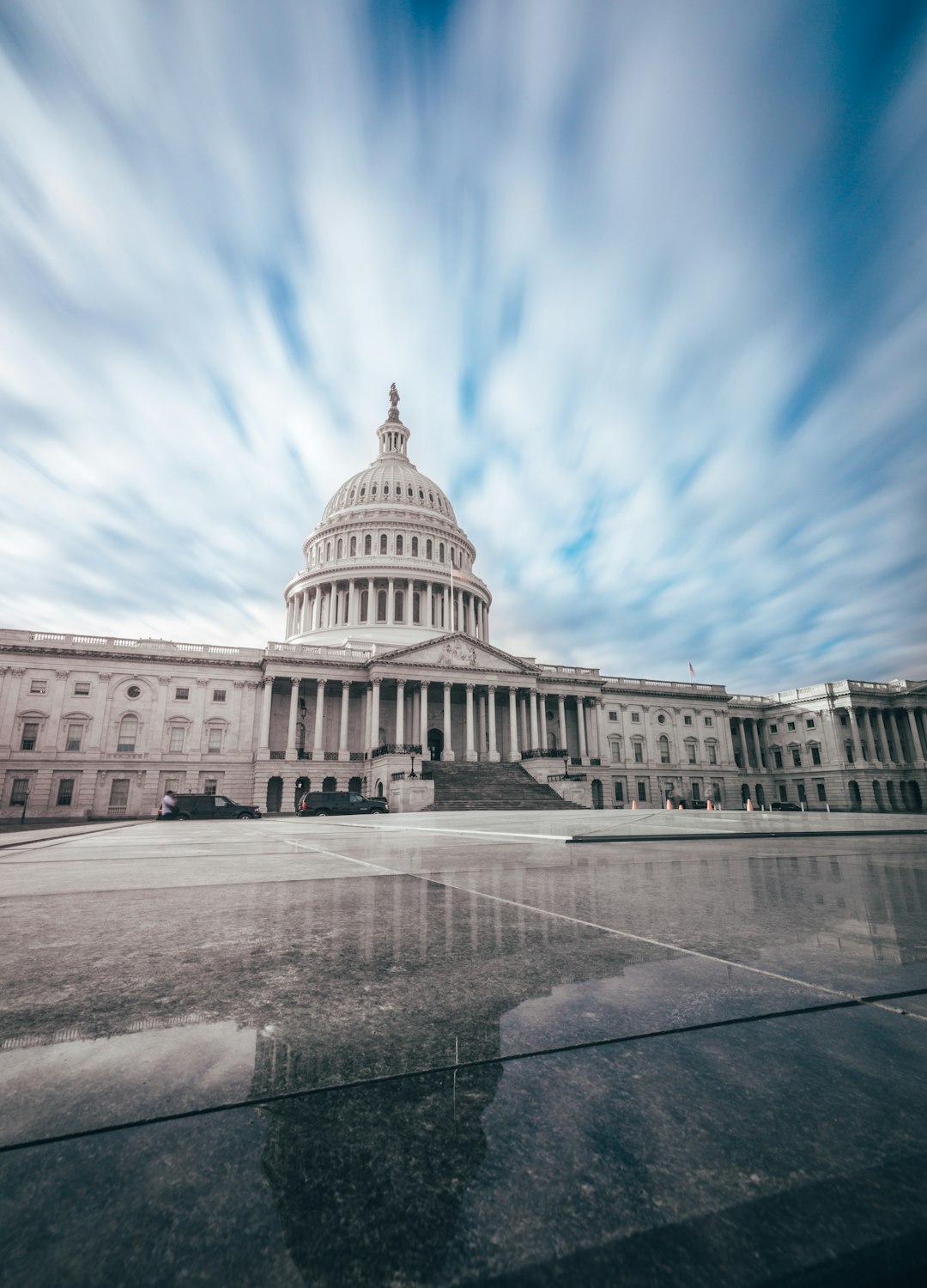The Telephone Consumer Protection Act (TCPA) safeguards Washington residents from unwanted phone calls, texts, and faxes by telemarketers and debt collectors. This federal law restricts business contact without prior consent, addressing the issue of intrusive automated dialers in today's digital era. Washington residents can block calls, file complaints with the FTC, and seek legal action through unwanted call attorneys Washington if necessary, promoting a quieter environment and deterring harassing communication. Engaging these specialists early can efficiently resolve issues caused by unauthorized calls.
In today’s digital age, unwanted calls remain a persistent problem for Washington residents. The Telephone Consumer Protection Act (TCPA) was enacted to combat this issue, offering significant protections to consumers against nuisance calls and texts. This comprehensive guide delves into the TCPA’s implications for Washingtonians, exploring common issues with unsolicited calls, rights under the law, and practical steps to stop them. For those considering legal action against violators, expert unwanted call attorneys in Washington offer insights on navigating these complex matters.
What is the TCPA and Why Does it Matter?

The Telephone Consumer Protection Act (TCPA) is a federal law designed to protect consumers from unwanted phone calls, texts, and faxes, especially from telemarketers and debt collectors. It’s a powerful piece of legislation that has significant implications for both businesses and Washington residents. The TCPA restricts how companies can contact individuals via telephone, ensuring that such interactions are made with prior consent. This is particularly important in today’s digital age where unwanted calls can be more intrusive due to the proliferation of automated dialers and pre-recorded messages.
For Washington residents, understanding the TCPA is crucial, especially when dealing with persistent or harassing calls from unwanted call attorneys. The law allows consumers to take action against violators, including filing complaints and seeking legal recourse for damages. This not only ensures a quieter, more peaceful life but also acts as a deterrent for businesses that might consider ignoring consumer rights in their marketing strategies.
Unwanted Calls: A Common Problem for Washington Residents

Unwanted calls are a persistent issue for many Washington residents, often leading them to seek assistance from unwanted call attorneys Washington. These relentless phone calls, often from telemarketers or debt collectors, can be disruptive and invasive, leaving recipients feeling frustrated and annoyed. The volume of these calls has increased significantly with the advent of automated dialers, making it even more challenging for individuals to manage their communication preferences.
Washington state laws, including the Washington Consumer Sales Practices Act, provide certain protections against unwanted telephone solicitations. However, navigating these legal protections can be complex, which is why many residents turn to experienced unwanted call attorneys Washington. These legal professionals specialize in helping clients block such calls and understand their rights under the law, ensuring a quieter and more peaceful environment for all Washingtonians.
The Rights of Washingtonians Under the TCPA

Washington residents, like many across the country, are protected by the Telephone Consumer Protection Act (TCPA). This federal law grants consumers significant rights when it comes to unwanted calls, text messages, and automated communication from telemarketers and debt collectors. If you’ve received nuisance calls or texts in Washington state, knowing your rights under the TCPA is essential.
Under this legislation, Washingtonians can take action against companies or individuals who make or cause unauthorized automated calls or send unsolicited text messages. This includes blocking unwanted calls, filing a complaint with the Federal Trade Commission (FTC), and even seeking legal recourse through unwanted call attorneys Washington if necessary. The TCPA allows for financial compensation for each violation, making it a powerful tool to deter harassing communication.
Navigating Legal Actions Against Violators

In Washington, navigating legal actions against violators of the Telephone Consumer Protection Act (TCPA) involves understanding the specific regulations and seeking expert advice from unwanted call attorneys. If residents receive unsolicited calls or text messages, they have rights protected by this federal law. Unwanted call attorneys in Washington specialize in TCPA cases, assisting individuals in taking action against companies or individuals who violate these protections.
These legal professionals can help victims file complaints with the Federal Communications Commission (FCC) and pursue litigation if necessary. They ensure that residents’ rights are upheld and provide guidance on how to proceed with legal actions. Engaging unwanted call attorneys early can help Washington residents resolve issues efficiently, potentially securing financial compensation for any harassment or inconvenience caused by unauthorized calls.
How to Stop Unwanted Calls: Practical Steps for Washington Consumers

Unwanted calls can be a significant nuisance, especially for Washington residents protected by the Telephone Consumer Protection Act (TCPA). If you’re facing an influx of spam calls, there are practical steps to take action and reclaim your peace of mind. First, consider registering your phone number on the National Do Not Call Registry. This federal list helps prevent telemarketers from contacting you. You can easily sign up online or by calling 1-888-382-1222 (TDD 1-866-277-7889).
Next, while the TCPA limits certain types of calls, it doesn’t stop all unwanted communication. For more aggressive or persistent spam, consulting with unwanted call attorneys Washington can be beneficial. Legal experts in this field can guide you through your rights and options, including sending cease-and-desist letters or pursuing legal action against the perpetrators. Taking proactive measures is key to minimizing future disruptions and ensuring a quieter, more enjoyable communication experience.






